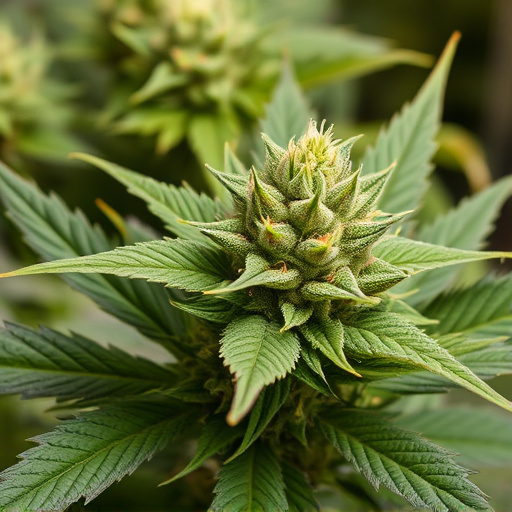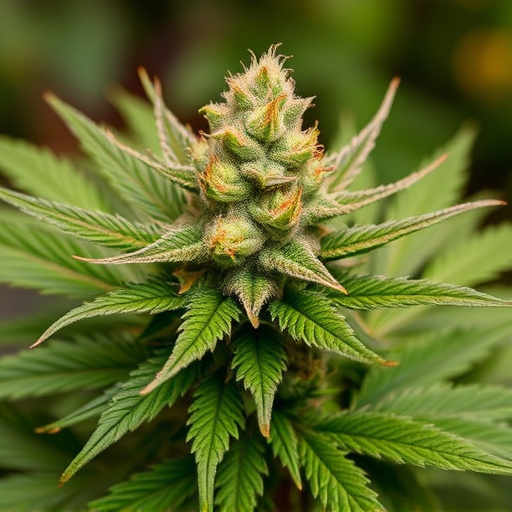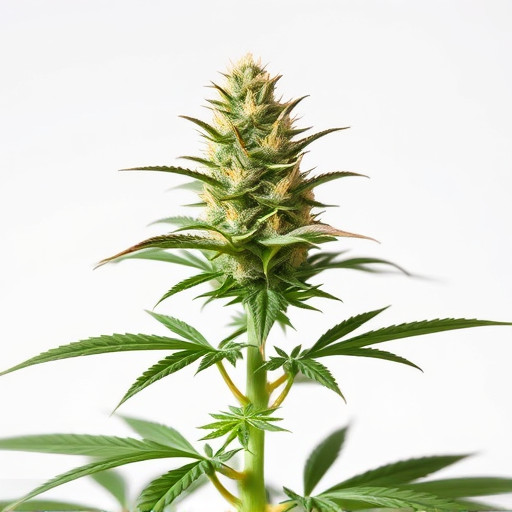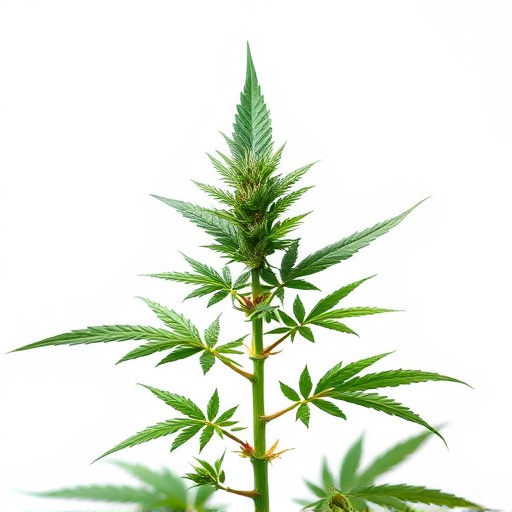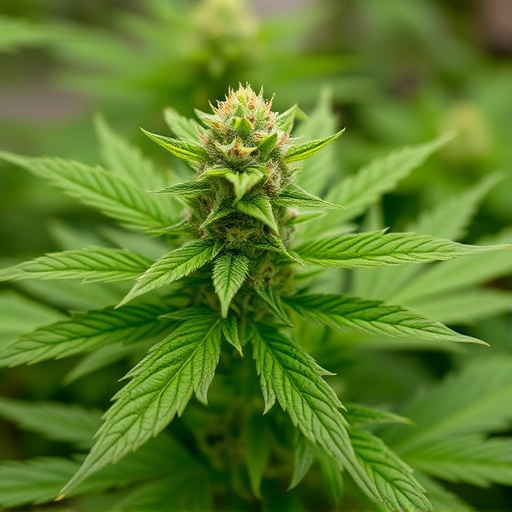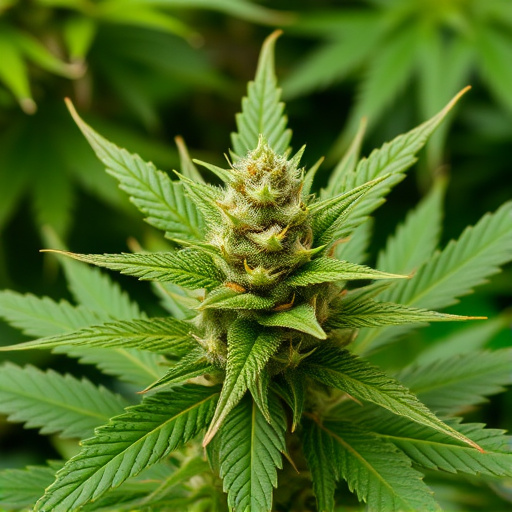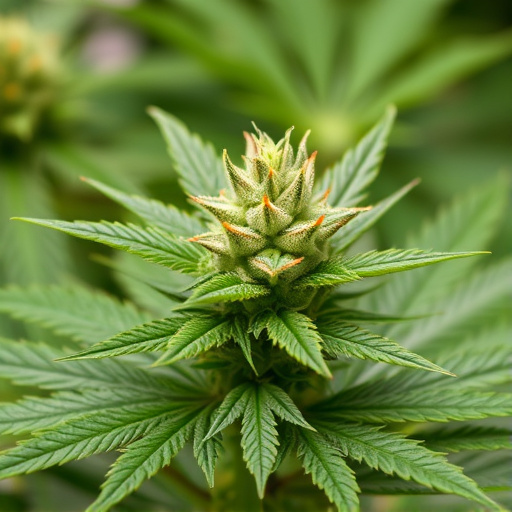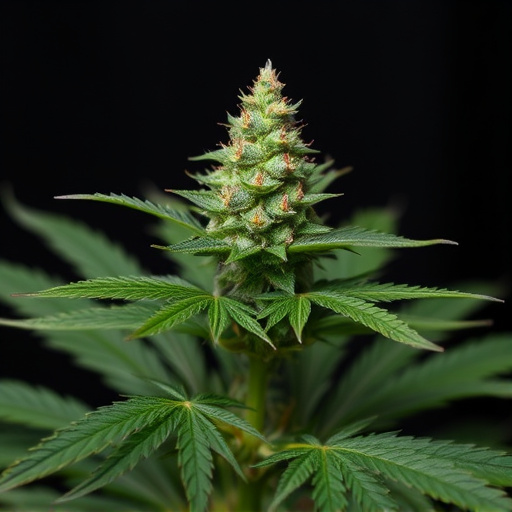Cannabis genetics significantly influence the unique traits of each strain, including appearance, scent, and therapeutic effects, which is key to breeding varieties tailored for specific needs like ADHD management. Growers can select and enhance desirable characteristics such as THC/CBD levels and terpene profiles through reproduction. For ADHD, high CBD strains or specific terpene profiles have shown promise in reducing anxiety and hyperactivity. Decoding cannabis strain genetics offers immense potential for personalized ADHD treatment, with compounds and terpenes driving unique traits that impact attention and impulse control.
“Unraveling the complex world of original cannabis genetics is key to understanding the vast potential of this versatile plant. This article delves into the fundamentals, exploring how cannabis genetics form the very foundation of distinct strains. We dissect the impact of these genes on conditions like ADHD, shedding light on tailored treatments. From identifying unique strain characteristics to their therapeutic benefits, this comprehensive guide offers insights for those seeking effective cannabis-based solutions, particularly for managing ADHD symptoms.”
- Understanding Cannabis Genetics: The Building Blocks of Strains
- Exploring the Impact on ADHD: How Genetics Shape Effects
- Decoding Strain Characteristics: Unlocking the Potential for Treatment
Understanding Cannabis Genetics: The Building Blocks of Strains
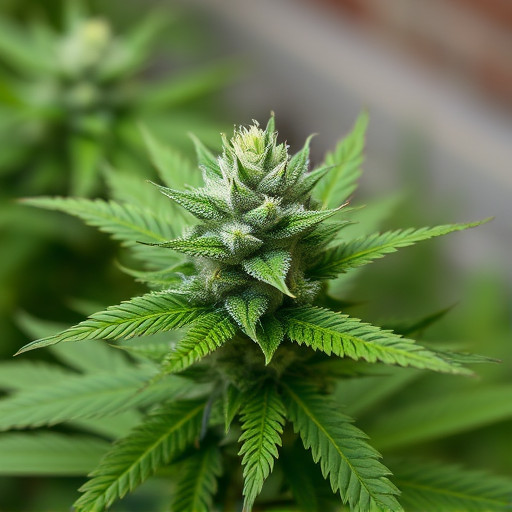
Cannabis genetics form the very foundation of what makes each strain unique, from their appearance and scent to their effects on users. Understanding these genetic components is crucial when it comes to breeding new varieties and crafting cannabis strains for specific needs, such as managing symptoms of ADHD. Each plant contains a complex interplay of genes that dictate its traits, including THC and CBD levels, terpene profiles, and even the plant’s growth pattern.
These genetic building blocks are passed down from one generation to the next through reproduction, allowing growers and breeders to select specific characteristics they wish to enhance or modify. By carefully controlling these genes, they can develop cannabis strains with tailored properties for various medical conditions. When it comes to ADHD, certain strains known for their high CBD content or specific terpene profiles have shown promise in alleviating symptoms like anxiety and hyperactivity.
Exploring the Impact on ADHD: How Genetics Shape Effects
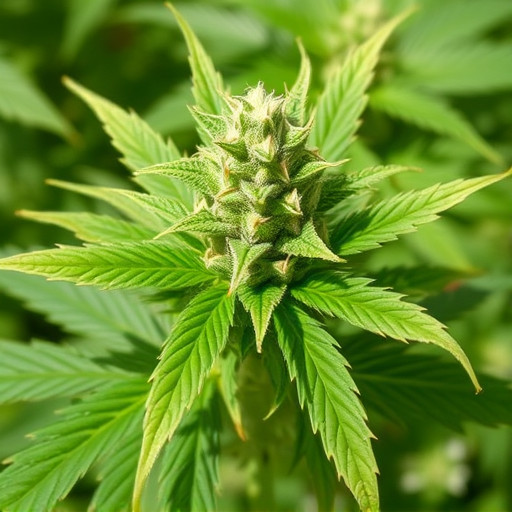
Cannabis has long been a subject of interest in understanding its effects on various medical conditions, including Attention-Deficit/Hyperactivity Disorder (ADHD). When it comes to exploring cannabis strains for ADHD, genetics play a pivotal role. The impact of cannabis on individuals with ADHD is not solely determined by the active compounds present in different strains but also by their unique genetic makeup.
Genetics shape how each person responds to cannabis, influencing its therapeutic or potential adverse effects. For instance, specific genes related to dopamine and serotonin neurotransmission may contribute to an individual’s sensitivity to cannabis’ effects on attention and impulse control. Understanding these genetic factors is crucial for tailoring cannabis treatments to manage ADHD symptoms effectively, as certain strains with particular cannabinoid profiles might offer better relief for specific genetic subtypes.
Decoding Strain Characteristics: Unlocking the Potential for Treatment
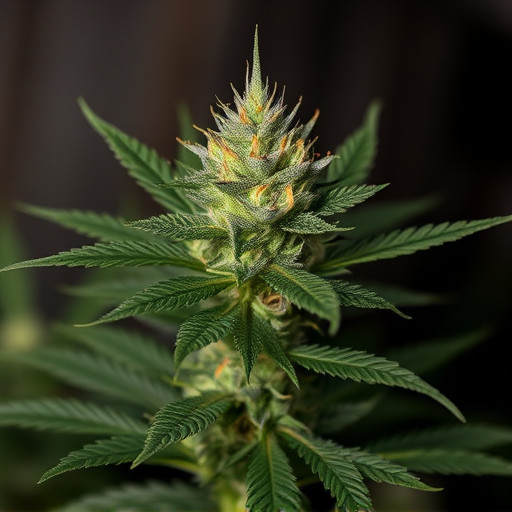
Decoding strain characteristics is a fascinating aspect of cannabis genetics, offering immense potential for various treatments, including those targeting ADHD. Each cannabis strain possesses unique genetic traits that contribute to its distinct properties, such as aroma, flavor, and effects. By understanding these characteristics, researchers can unlock the specific compounds and terpenes responsible for modulating mood, cognitive function, and other physiological responses.
For individuals seeking cannabis strains for ADHD management, this knowledge becomes instrumental. Certain strains known for their high levels of CBD (cannabidiol) have shown promise in reducing symptoms like impulsivity and hyperactivity. Terpenes like limonene and linalool, prevalent in some strains, possess calming properties that can aid focus and relaxation. Decoding these strain characteristics allows for personalized treatment options, ensuring individuals receive the most suitable cannabis varieties to address their specific needs effectively.
Original cannabis genetics play a pivotal role in shaping the unique characteristics and therapeutic potential of different strains. By understanding these genetic foundations, researchers can better tailor cannabis treatments for various conditions, including ADHD. Decoding strain genetics allows us to explore their specific effects, enabling individuals to access personalized relief while navigating this evolving landscape of cannabis medicine. This knowledge is crucial in unlocking the full potential of cannabis strains for ADHD and beyond.

